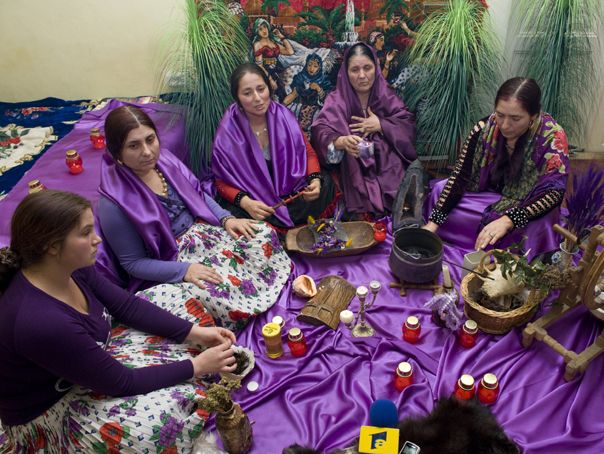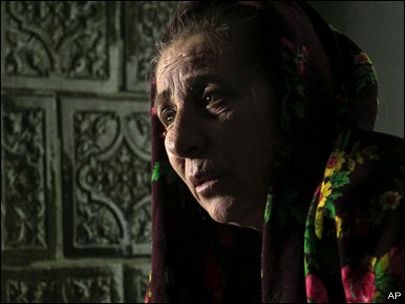Recent Comments
- Andy Bowden on Class politics or anti-semitic conspiracies? Why David Icke, Ron Paul and Alex Jones are dangerous to the Occupy Movement.
- Andy Mc on Class politics or anti-semitic conspiracies? Why David Icke, Ron Paul and Alex Jones are dangerous to the Occupy Movement.
- declan on For a Radical Independence Movement.
- Andy Bowden on For a Radical Independence Movement.
- arm 'n' hammer on For a Radical Independence Movement.
Tags
afghanistan austerity britain BNP climate change Con Dem coalition demonstration drugs economy edinburgh education elections environment events evil megacorps fascism feminism fighting cuts glasgow greece health internet knobheads Labour Lib Dems moral panic music news police protest racism science SDL sexism sexuality SNP strikes tabloids Tories tv unemployment unions USA war women's rights workers' rightsArchives
- June 2012
- May 2012
- March 2012
- January 2012
- December 2011
- November 2011
- October 2011
- September 2011
- August 2011
- July 2011
- June 2011
- May 2011
- April 2011
- March 2011
- February 2011
- January 2011
- December 2010
- November 2010
- October 2010
- September 2010
- August 2010
- July 2010
- June 2010
- May 2010
- April 2010
- March 2010
- February 2010
- January 2010
- December 2009
- November 2009
- October 2009
- September 2009
- August 2009
-
Authors
- admin
- And
- Andy Bowden
- Brogan
- CelticEwan
- David
- David Ward
- Erofeeva
- Euan Benzie
- Frenchie
- ImSpartacus
- Jack
- James McIntyre
- James N
- Kirsty Kane
- Liam M
- Liam T
- lovebug
- LydiaTeapot
- Meghan
- Muzza
- Neil B
- neldo
- Sarah
- Scottish Socialist Youth
- Snowball
- Socialist Pharmacist
- Sophie
- Squeak
- Stuart
- syebot
- TheWorstWitch
- Wavejumper
Romanian witches protest new tax laws.

Purple protesters.
There’ve been a few news articles recently about new tax laws in Romania, intended as lighthearted LOLs with headlines like Romanian witches to cast anti-government spell. Much of the news coverage has consisted of chuckling at the idea of witches protesting with curses and spells, and aren’t those silly old superstitious women even stupider than we thought, if they think they shouldn’t have to pay tax.
The new laws require self-employed workers and people who work cash-in-hand to pay tax for the first time, affecting many Romanians – including those who make a living off the traditions of witchcraft and fortune telling.
Of course, the Romanians are going to continue in their tradition of dramatic protest, with a call for witches to assemble on the southern plains and the banks of the Danube River to protest – there are even claims that they will threaten the government with concoctions of mandrake, cat excrement and dead dog.
Though these reports have been treated lightheartedly in the UK media, they are taken more seriously in Romania, where superstition is treated a great deal more seriously. In 2009, it was claimed that the loser of the presidential election was sabotaged with negative energy and strategic use of the colour purple, which is believed to ward off evil and grant superiority to whoever wears it. Indeed, the winner of the election, President Basescu and his aides have been known to wear purple on certain days in an attempt to harness its power.
But regardless of who is effected – be they witches, astrologers and fortune tellers, or embalmers, valets, driving instructors or workers in any of the other professions traditionally not listed in the Romanian labour code – the new laws are totally regressive and fucked up.
Taxation in Romania is based on a flat-rate income tax of 16%, and corporate tax is between 3 and 16%, depending on the size of the company – meaning that the people earning the least amount of money are taxed in the same bracket as the super rich and the big corporations.
Flat rate taxation has been widely adopted in Eastern European post-communist states desperate to attain the free-market capitalist dream as quickly as possible. The former Soviet countries have been cut up and sold off, and most workers’ rights and welfare have been sold off with them – whereas Western European countries like ourselves, who have never been subject to a so-called socialist regime, have had strong trade union movements to fight for our rights. To date, no Western European country has introduced a flat-rate income tax, instead having higher rates of tax on higher bands of income to finance improved social welfare measures.

Bratara Buzea
Payments to witches and other self-employed, cash-in-hand workers in Romania are typically very small, at around 10 leu (less than £2) per consultation. Why should poor women, often travellers, earning a few pounds a day have to give 16% of the pittance they earn to the government – who will then use it to prop up the capitalist system that provides nothing for its citizens most in need?
As one self-identified witch, Bratara Buzea, 63, (who was imprisoned in 1977 for witchcraft under Ceausescu’s regime – despite Ceausescu and his wife Elena having their own personal witch) said:
We do harm to those who harm us. They want to take the country out of this crisis using us? They should get us out of the crisis because they brought us into it.
Really good article, well done for looking behind what our press has treated as a fluff story for the real impact of a regressive political move. It’s mental that Romania actually has a flat tax, I didn’t realise it was that bad. In this country flat income taxes are confined to the far right economic fantasies of UKIP, despite the fact that for 30 years the burden of taxation has shifted to the more regressive, flat type of taxes (e.g. VAT), which are used to make the poor pay more than the rich. But I guess things are even worse in Eastern Europe, where society collapsed and the governments in collusion with international capitalism used the people as lab rats for the most extreme neoliberal economic policies – which is obviously still going on.
I think a high flat tax rate is good and then also a tax on consumption. Higher taxes on bads like alcohol, petrol and fossil fuels or motor cars. THEN high taxes used to fund public commons services like libraries, free universal higher education, health care, community based job schemes and free public transport and free internet access for all.
Then there can be little excuse for the rich to not pay their fair share and harder work or more successful businesses bring more profit, but ALSO degrowth and demonitization is possible. In a non-capitalist based society this seems fairer. Also high flat tax allows a lot of gvt spending and subsidies, which is not possible in the WTO and EU business models we have now that stop state subsidies to companies, BUT not subsidies to services like forests, streets etc.
If you come from a perspective that there are basic rights for all – such as child benefit, community gardens and the right to have work irrespective of your income then a flat tax means everyone pays the same and gets the same, rather than a system where some feel that rich people should not have these things as a right for free or that the poor deserve what they get (or rather don’t).